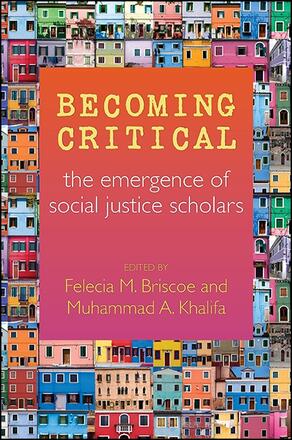
Becoming Critical
The Emergence of Social Justice Scholars
Alternative formats available from:
Presents the key experiences of a diverse group of teachers and students in their journeys of becoming social justice educator/scholars.
Description
This innovative book is a collection of autoethnographies by a diverse group of contributors who describe and theorize about the critical moments in their development as social justice educator/scholars in the face of colonizing forces. Using a rhizomatic approach, the editors' meta-analysis identifies patterns of similarity and differences and theorizes about the exercise of agency in resistance and identity formation. In our increasingly diverse society, Becoming Critical is a wonderful resource for teacher education and sociology of education as it presents an alternative methodological approach for qualitative inquiry. The book contributes to students' understanding of the development of critical theories—especially as they pertain to identities. The contributors make use of the work of critical scholars such as Collins, hooks, Weber, Foucault, and others relevant to the lives of students and educators today.
Felecia M. Briscoe is Associate Professor of Social Foundations at the University of Texas at San Antonio and the coauthor (with Gilberto Arriaza and Rosemary C. Henze) of The Power of Talk: How Words Change Our Lives. Muhammad A. Khalifa is Assistant Professor of Educational Leadership at Michigan State University.
Reviews
". ..anyone invested in social justice and educational equity will be rewarded by hearing these voices. " — Reflective Teaching